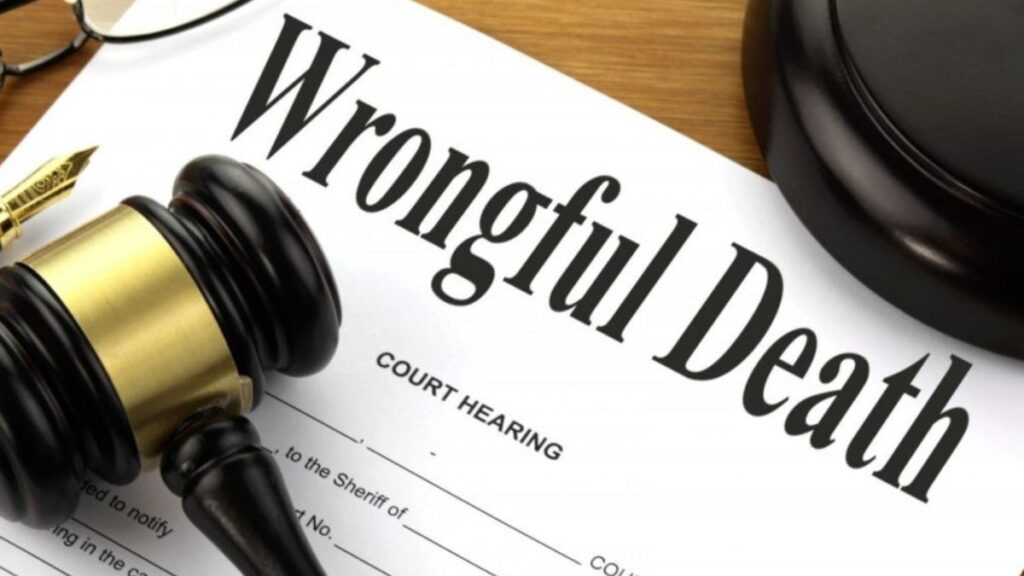When a loved one dies because of someone else’s negligence, the loss is overwhelming. Families are left grieving while also searching for answers, accountability, and a sense of justice. Grief takes time, but the legal system often doesn’t wait. Amid this painful process, one crucial question must be answered: Who has the right to step forward and take legal action on behalf of the deceased? This article explains who qualifies to file a wrongful death claim, why that matters, and what to expect during the legal process.
The law draws clear lines around eligibility, limiting it to spouses, children, or close dependents. Each step toward justice starts with the right person raising their voice. Getting legal help for wrongful death is important if families intend to hold the negligent party accountable and secure compensation.
Immediate Family Members Take Priority
Courts recognize immediate family members as the primary individuals legally mandated to file a wrongful death claim. This group includes spouses, biological or legally adopted children, and parents of unmarried minors. When a spouse files, the court acknowledges the emotional, financial, and practical void left behind.
Minor children who lose a parent also hold legal standing. They rely on the claim to secure financial stability for the future. Parents who lose a minor child receive the same right to pursue justice through legal means.
Adult Children and Parents of Adult Victims
Adult children may file a claim when their deceased parent has no surviving spouse. This ensures the estate of the deceased receives representation. In some jurisdictions, parents of adult children qualify only when no other immediate family members exist. The court examines the nature of the relationship, financial dependency, and legal connections before proceeding with the case.
Legal Guardians and Personal Representatives
When no spouse, child, or parent steps forward, a court-appointed personal representative or legal guardian is granted the authority to act. This individual speaks for the estate and ensures that any damages awarded support the rightful beneficiaries.
Personal representatives must show a valid legal appointment and a connection to the estate. Their role centers on collecting damages for loss of income, funeral expenses, and emotional distress tied to the death.
Domestic Partners and Long-Term Companions
In some states, domestic partners or long-term companions may have the legal right to file a wrongful death claim. To move forward, courts typically require clear proof of a committed relationship, such as shared finances, long-term cohabitation, or joint responsibilities. While not all jurisdictions recognize these claims, those that do see long-term companionship as a legitimate basis for legal action. Petitioners must show strong evidence of emotional and financial interdependence, demonstrating the depth and seriousness of the relationship.
Siblings, Grandparents, and Other Relatives
Siblings, grandparents, and other extended family members rarely qualify to file unless no closer relatives exist. Courts consider these cases on an individual basis, with emphasis on legal guardianship, financial reliance, or the absence of direct heirs.
States with broader wrongful death statutes sometimes extend eligibility when the petitioner held primary responsibility for the deceased or shared deep legal or economic ties.
Minors Through Guardians or Conservators
Minor children never file claims directly. Instead, a guardian or conservator files on their behalf. Courts ensure that any awarded damages support the minor’s welfare. Judges oversee fund allocation with strict oversight, protecting the minor’s best interests until they reach adulthood.
Conclusion
Only a specific circle of individuals holds the right to file a wrongful death claim. The law prioritizes those with direct, legal, or financial bonds to the deceased. Each eligible party steps into the legal process with the weight of both loss and purpose. When the right person steps forward, they not only seek justice, but they carry forward the voice of someone whose life ended too soon.







